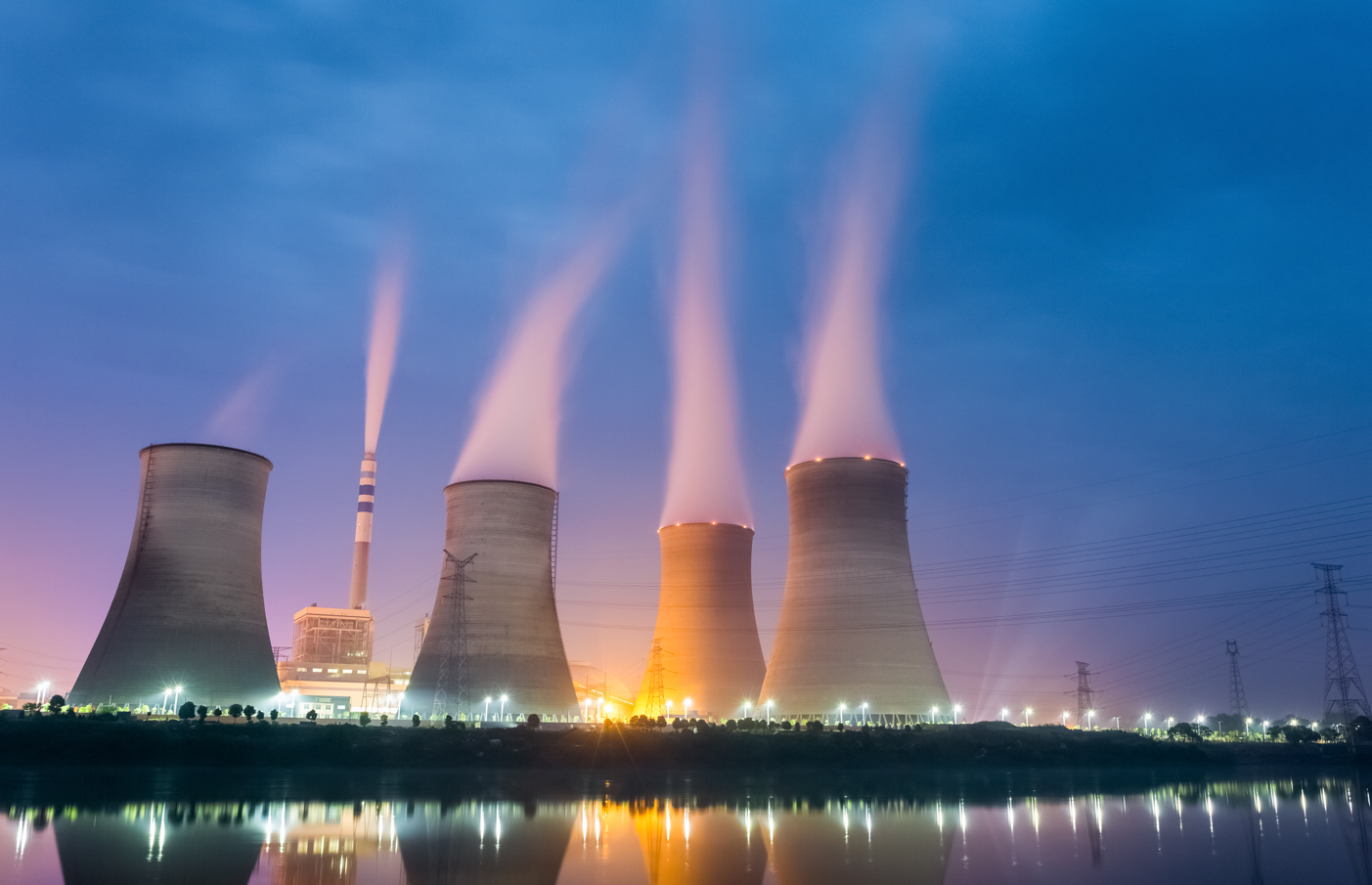The Energy Forum held a conference entitled „Energy, Climate After the Elections. Where to Start?”. The meeting included two presentations and a discussion. The think tank proposes the establishment of a new ministry. It also argues that redefining the pillars of the transition is absolutely necessary.
On November 14, 2023, the Energy Forum think tank held a conference „Energy, Climate After the Elections. Where to Start?”. The organizers called for changes in the way the energy transition is carried out, including the establishment of a ministry for energy and climate transition. According to the organizers, it is also important to work on three aspects of the transformation. The first is to strengthen planning. Decentralisation of implementation, especially at the level of project funding, is another important issue that needs to change. Small projects implemented at the local government level are to be a vital part of the coming transition, and this also needs rethinking.
The analysts have diagnosed a number of challenges, including the geopolitical situation, the problem with importing fuels, decarbonizing the industry and adapting to climate change. Joanna Pandera, president of the organization, noted that human resources shortages were a big problem. According to the Energy Forum, Poland has good specialists, but there are still too few people to carry out the necessary changes in the energy sector. The organizers’ estimates show that Poland may have a budget of PLN 540 billion for the energy transition. This amount also includes revenues from carbon emissions and loans.
„There are also CO2 emission allowances. In the coalition agreement on Friday, it was decided that 100 percent of the revenues from the allowances should be allocated to the energy transition. These are measures that until now no one has programmed, no one has planned how to spend them sensibly,” said Joanna Pandera, president of the Energy Forum.
The conference also listed areas that are not dealt with by the central administration, among them were heating and efficiency of buildings, strategic analysis and energy efficiency. There is a lack of strategy at the ministerial level when it comes to those areas.
What the Energy Forum proposes are tools to improve the financing of transformation. The proposal is to introduce three steps: centralising planning, decentralising implementation and reducing the number of institutions. As a first step, this would require strengthening the role of the ministry, which would exclude conflicting plans made by different entities. In the second step, the ministry would assume the role of a wholesaler, which concludes contracts with smaller entities such as provinces, local governments or private companies delegated to specific tasks. The last step would involve, among other things, the incorporation of Bank Ochorny Środowiska (Environmental Protection Bank) into Bank Gospodarstwa Krajowego (BGK, a national development bank). Joanna Pandera also stated that projects were currently being implemented by two regional institutions, the Regional Environmental Protection Funds and Marshal Offices, which duplicate each other. The Forum proposes to integrate the Regional Funds into the Marshal Offices.
The proposals made at the conference mean that all programming and supervision would be done by the ministry. The powers to implement and supervise the funds of the Marshal’s offices and BGK would be increased. Where local governments could not carry out tasks, companies operating according to strictly defined criteria would step in.
In order to streamline the energy transition process and not to multiply job positions, the Energy Forum proposed to establish an Energy Transition Center (CTE). It would be a state institution, subordinate to the ministry responsible for energy transformation. The CET would cover all areas of the energy transition and would be financed from CO2 emission allowances. The Energy Forum proposes that the term of the president of the Centre should last five years. The most important tasks of the CET would include: conducting technical and economic analyses, preparing regulatory propositions, assessing the economic and social impact of regulations (OSR), collecting and sharing data, preparing strategic documents and modeling scenarios, monitoring the market and the progress of the energy transition.
The entire conference is available on YouTube, on the Energy Forum account. The recording includes the two presentations and the subsequent discussion.









